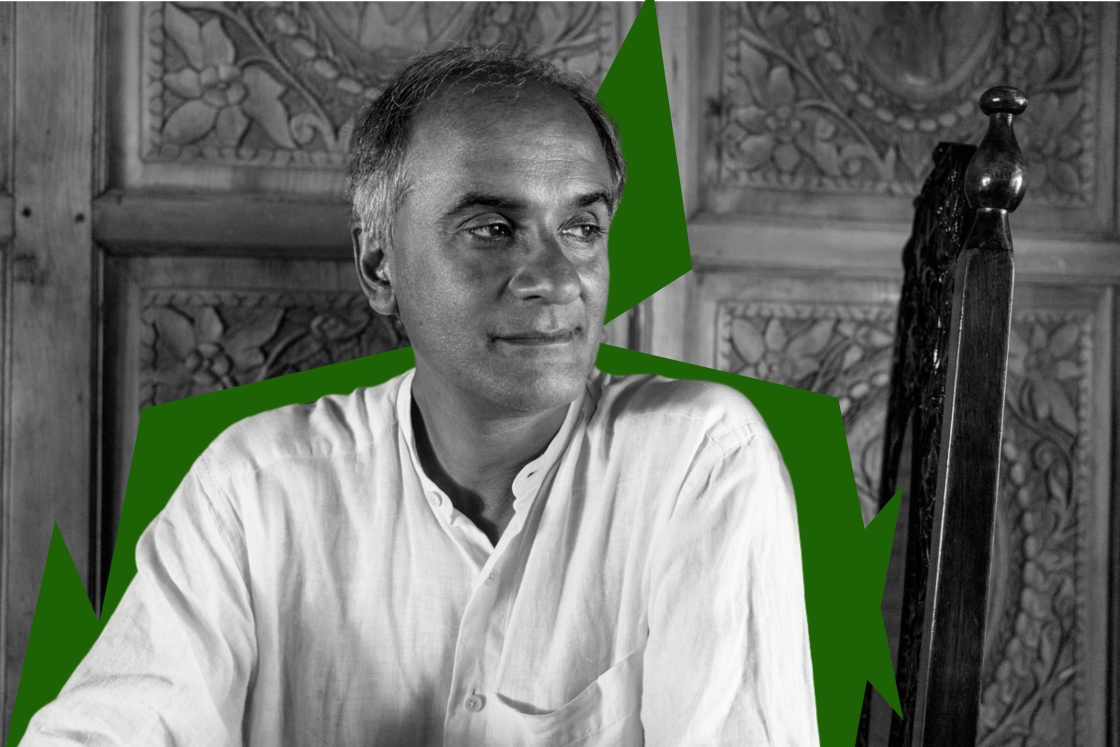Ruth Reichl, the former editor-in-chief of Gourmet magazine, kicks off her one-week Montgomery Fellow residency at Dartmouth with a public lecture, “Eating My Words,” on Tuesday, February 8, at 4:30 in Filene Auditorium. The restaurant critic of The New York Times from 1993 to 1999, Reichl is also the author of several best-selling memoirs, including her latest, Tender at the Bone. A recipient of six James Beard Foundation Awards, Reichl answered a few questions from Dartmouth Now prior to her arrival in Hanover.
So many people still lament the loss of Gourmet and your influence as editor. Where did Gourmet take us as consumers, cooks, foodies, voyeurs, and travelers?

Montgomery Fellow Ruth Reichl will give a public lecture on February 8, 2011, entitled “Eating My Words.” (photo by Marquis Atkins)
I also lament the loss of Gourmet, not just as a magazine, but as a historical institution. America’s first epicurean magazine chronicled the eating habits of our nation in a completely unselfconscious way; looking at the magazine over the years you can literally watch the evolution of American eating habits.
I got there in 1999, which was, I think, a pivotal point in our food history. What Gourmet did over the next ten years was to expand the reach of the magazine. When I arrived Gourmet was a magazine that was purely about pleasure—which is no small thing. But as Americans became conscious of how important our food choices are—on our ecology, our health, our economics and the social fabric of our nation—we tried to incorporate those issues into the pages of the magazine.
We also accepted the fact that today many Americans now do their cooking—and traveling—virtually, and we tried to feed that lust by giving people both words and pictures they could dream about. We wanted to merge the practical with the romantic and the inspirational. Our ultimate goal was to get people back to the stove and the table, and we used the best writers and photographers we could entice into working with us.
After the magazine closed many critics said that we had tried to do too much. I disagree: I think that all of the surviving food magazines do too little.
There are literally thousands of food blogs now, authored by impassioned foodies who are deeply interested in food-as-process, snapping pictures of the entire cycle of preparation, from raw material to plating. What do you think these citizen journalists are doing for the worlds of both gastronomy and food writing? How do you think this trend will ultimately play out?
You are underselling the world of the food blogs. There are thousands that not only deal with food as process, but also food as ethics, food as politics, food as narrative. What the food bloggers are doing is filling in the gaps because so much of what is commercially available is so unsatisfying. I love this trend, not only because there is so much really good journalism taking place online, but also because the bloggers are forcing the “professionals” to step up the pace and be better than they were before. My only complaint is that there are so many excellent blogs—and I don’t begin to have time to read them all.
Many of your books have been personal narrative. Would you have written these books regardless of your chosen profession? In other words, are you a writer first, a food writer second?
I am a cook. And a writer. I do not consider myself a food writer.
What are you reading? What are you cooking?
I just finished Radioactive: Marie & Pierre Curie: A Tale of Love and Fallout and Just Kids [Patti Smith’s memoir]. Loved them both. Now I’m reading A Visit from the Goon Squad. As for what I’m cooking, if you follow me on Twitter, I tweet that pretty much every day. And there are a lot of recipes at ruthreichl.com.
What are your thoughts on the sustainable, local, and regional food movements?
Nothing makes me happier; it is the most hopeful movement of my lifetime. My son is 22, and when I look at what ethical eaters he and his friends have become, it gives me enormous hope for the future. There are certainly problems with this movement—there is no question that it has an elitist aspect—but I’m convinced that as the movement becomes more mainstream, that will be solved. I expect this generation to take on the thorny political aspects of this—i.e., our current tax structure—as well as social justice for food workers. But the mere fact that these issues are now out in the open is enormously important.
